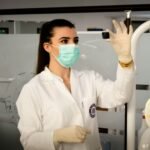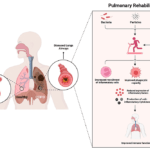
Have you ever wondered if your lungs can actually improve after pulmonary rehab? It’s a question many people ask, and the answer might surprise you. In this article, we will explore the possibility of your lungs getting better after undergoing a pulmonary rehabilitation program. Whether you’re dealing with a respiratory condition or simply looking to optimize your lung function, this information could be crucial in understanding the potential benefits of pulmonary rehab. So, let’s dive in and find out if your lungs can truly experience positive changes through this form of intensive therapy.
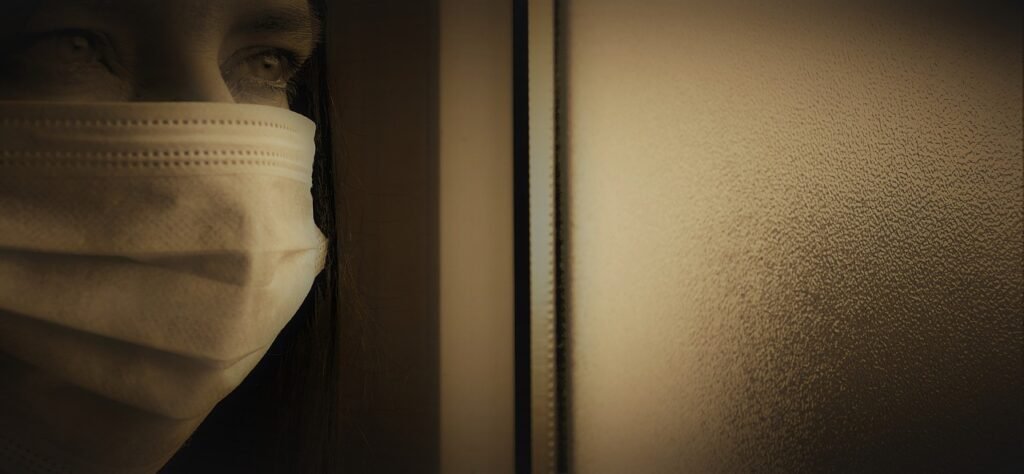
Understanding Pulmonary Rehab
What is Pulmonary Rehab?
Pulmonary rehab, short for pulmonary rehabilitation, is a comprehensive program designed to improve the overall well-being and function of individuals with lung diseases. This program typically involves a combination of exercise training, education, and emotional support to help patients manage their condition effectively.
Who Can Benefit from Pulmonary Rehab?
If you have been diagnosed with a chronic lung disease such as chronic obstructive pulmonary disease (COPD), asthma, or pulmonary fibrosis, pulmonary rehab can greatly benefit you. It is particularly helpful for individuals who experience difficulty breathing, reduced exercise tolerance, and a decreased quality of life due to their lung condition.
How Does Pulmonary Rehab Work?
Pulmonary rehab works by providing a multidisciplinary approach to address the physical, social, and emotional needs of individuals with lung diseases. The program typically includes:
Exercise Training: This involves a tailored exercise plan that gradually increases in intensity to help improve lung function, reduce shortness of breath, and enhance cardiovascular fitness.
Education: Pulmonary rehab aims to educate patients about their lung condition, symptoms management, medication usage, breathing techniques, and energy conservation strategies.
Emotional Support: Coping with a chronic lung disease can be challenging emotionally. Pulmonary rehab provides counseling and emotional support to help individuals understand and manage the mental and emotional impact of their condition.
Benefits of Pulmonary Rehab
Improvement in Lung Function
One of the key benefits of pulmonary rehab is the improvement in lung function. Through a combination of exercises that target the respiratory muscles, breathing techniques, and techniques to clear airway secretions, individuals can experience enhanced lung function, leading to improved oxygen exchange and better overall respiratory capacity.
Increased Exercise Tolerance
Participating in pulmonary rehab can significantly improve exercise tolerance. The exercise training component of the program helps individuals gradually increase their physical activity level, leading to improved stamina, reduced breathlessness, and the ability to perform daily tasks with greater ease.
Enhanced Quality of Life
Living with a chronic lung disease can take a toll on a person’s quality of life. Pulmonary rehab addresses this by providing education and support to help individuals manage their symptoms, reduce anxiety and depression, improve their self-confidence, and maintain a positive outlook on life. By enhancing overall well-being, pulmonary rehab contributes to an improved quality of life for participants.
Long-Term Effects of Pulmonary Rehab
Sustained Improvement in Lung Function
The benefits gained from pulmonary rehab are not only short-term. Many individuals experience a sustained improvement in lung function even after completing the program. This long-term effect is attributed to the exercise training and education received during rehab, which helps individuals maintain their progress and continue practicing healthy lifestyle habits.
Maintenance of Exercise Tolerance
Consistency is key when it comes to maintaining exercise tolerance. Pulmonary rehab equips individuals with the knowledge and tools to continue exercising regularly, even after completing the program. By making exercise a part of their daily routine, individuals can sustain the improvements gained during pulmonary rehab and continue to enjoy increased exercise tolerance.
Continued Quality of Life Enhancement
The positive impact of pulmonary rehab on quality of life extends beyond the duration of the program. By implementing the strategies and coping mechanisms learned during rehab, individuals can continue to experience an enhanced quality of life. This includes better symptom management, reduced healthcare utilization, improved social and emotional well-being, and a greater sense of control over their condition.
Factors Affecting Lung Improvement
Extent of Lung Damage
The extent of lung damage plays a role in the potential for lung improvement after pulmonary rehab. While the program can still offer benefits and improve overall function, individuals with severe or end-stage lung disease may experience more limited improvement due to the irreversible nature of their condition.
Compliance with Rehab Guidelines
To maximize the benefits of pulmonary rehab, it is crucial to adhere to the program’s guidelines. This includes attending all sessions, participating fully in exercises and educational activities, and incorporating the strategies learned into daily life. Compliance with rehab guidelines greatly influences the extent of lung improvement and overall outcomes.
Individual Health Factors
Individual health factors, such as age, overall fitness level, and the presence of comorbidities, can influence the potential for lung improvement. While pulmonary rehab can offer benefits for individuals of all ages, those who are generally healthier may experience greater improvements in lung function and overall well-being.
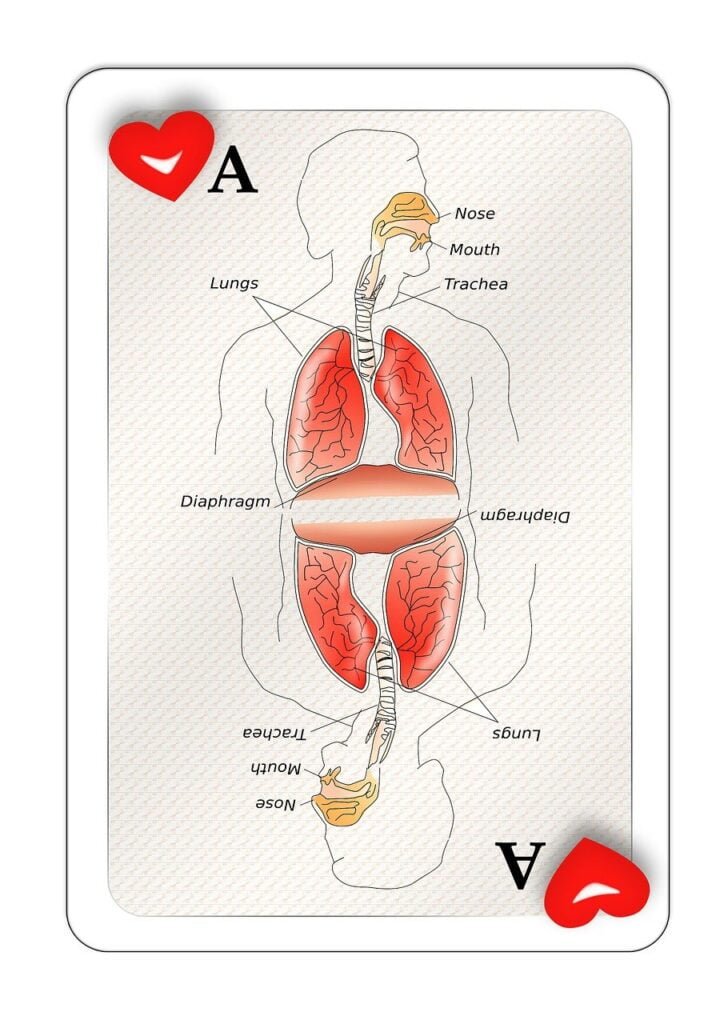
Maximizing Lung Improvement
Commitment to Long-Term Rehabilitation
Maximizing lung improvement requires a commitment to long-term rehabilitation efforts. Although the formal pulmonary rehab program may have a defined duration, it is essential to continue the principles and strategies learned beyond the program’s end. This includes incorporating regular exercise, maintaining healthy habits, and seeking ongoing support and guidance from healthcare professionals.
Continued Exercise Regimen
Regular exercise is vital for maintaining and maximizing lung improvement. Staying active through activities such as walking, swimming, cycling, or participating in a pulmonary exercise class can help individuals preserve the gains made during pulmonary rehab. It is important to consult with healthcare professionals to determine the appropriate exercise regimen based on individual needs and limitations.
Lifestyle Modifications
In addition to exercise, certain lifestyle modifications can further support lung improvement. These include avoiding exposure to respiratory irritants such as cigarette smoke and air pollution, maintaining a healthy diet to support overall wellness, staying hydrated, and practicing good respiratory hygiene, such as handwashing and avoiding close contact with individuals with respiratory infections.
Challenges in Lung Improvement
Underlying Medical Conditions
Individuals with underlying medical conditions may face additional challenges in lung improvement. For example, if there are comorbidities that affect lung function, such as heart disease or obesity, addressing these conditions alongside participating in pulmonary rehab may be necessary. Close collaboration with healthcare professionals can help identify and manage these challenges effectively.
Lifestyle Factors
Certain lifestyle factors can hinder lung improvement. Smoking, for instance, is a significant barrier to progress and can worsen lung health. It is crucial to quit smoking and avoid exposure to secondhand smoke to optimize lung improvement. Other lifestyle factors, such as poor nutrition and lack of physical activity, should also be addressed to support and enhance the benefits of pulmonary rehab.
Psychological Factors
Psychological factors, including anxiety, depression, and fear of breathlessness, can impact lung improvement. These emotional challenges can affect adherence to rehab programs and overall well-being. Incorporating mental health support into the pulmonary rehab plan can help individuals overcome these psychological barriers, enhancing lung improvement and overall quality of life.
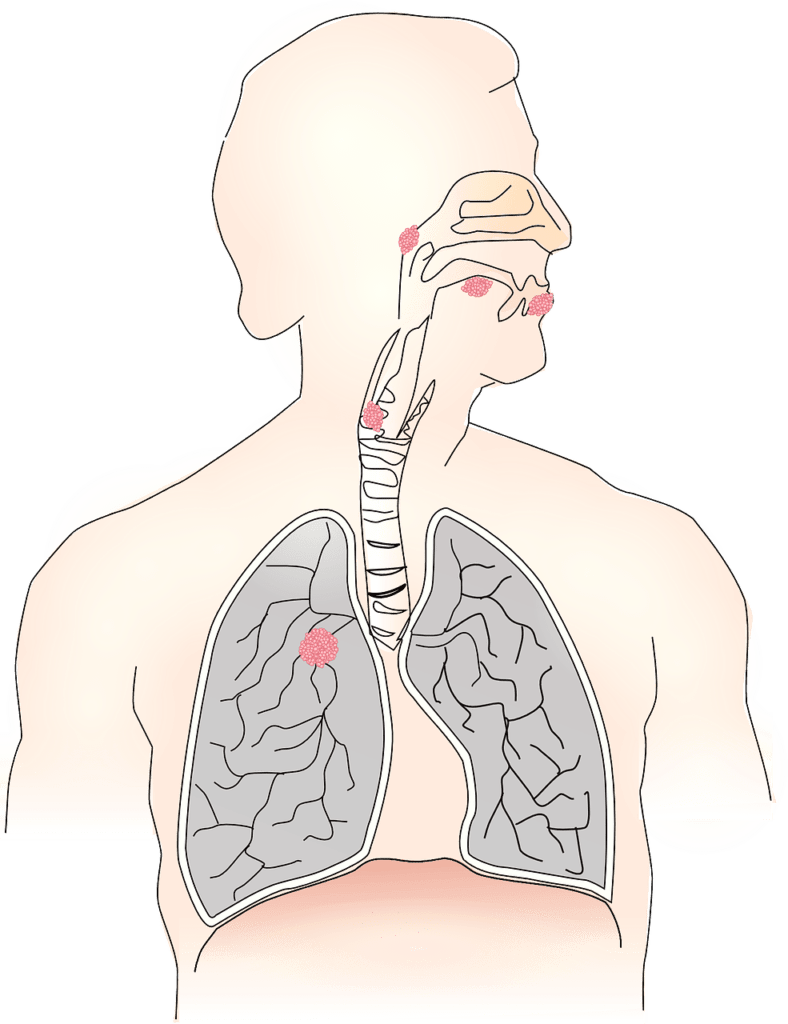
Monitoring Lung Improvement
Pulmonary Function Tests
Pulmonary function tests (PFTs) are a valuable tool for monitoring lung improvement. These tests assess lung capacity, lung volumes, and airflow rates, providing quantitative data on lung function. Regular PFTs can help track progress over time and provide insights into the effectiveness of pulmonary rehab interventions.
Exercise Performance Assessments
Evaluating exercise performance is another way to monitor lung improvement. Healthcare professionals can assess factors such as exercise duration, intensity, and tolerance to evaluate progress accurately. Regular exercise performance assessments can guide adjustments to exercise plans and help optimize lung improvement.
Healthcare Professional Feedback
Close communication with healthcare professionals is essential throughout the pulmonary rehab process. Regular check-ins, consultations, and discussions with healthcare providers allow for ongoing feedback and monitoring of lung improvement. This collaborative approach ensures that any challenges or concerns are addressed promptly, maximizing the potential for lung improvement.
Additional Support for Lung Health
Smoking Cessation Programs
For individuals who smoke, quitting is crucial for lung improvement. Smoking cessation programs provide support, resources, and strategies to help individuals overcome nicotine addiction and successfully quit smoking. These programs often include counseling, medications, and behavioral therapies to increase the chances of long-term smoking cessation.
Medication Management
Optimizing medication management is vital for lung improvement. Consulting with healthcare professionals for appropriate medication prescriptions and using medications as recommended can help manage symptoms, reduce inflammation, and improve overall lung function. Regular medication reviews and adjustments, if necessary, ensure that individuals receive the most effective treatment for their lung condition.
Nutrition and Hydration
Maintaining a balanced diet and staying properly hydrated are essential for lung health. A diet rich in fruits, vegetables, whole grains, and lean proteins provides the necessary nutrients to support lung function and overall wellness. Hydration is also vital, as adequate water intake helps thin mucus and facilitates proper lung clearance.
Outlook for Lung Improvement
Continued Efforts for Recovery
Achieving significant lung improvement requires continued efforts for recovery. While the initial progress made during pulmonary rehab is encouraging, it is essential to recognize that lung health is a lifelong journey. By remaining committed to healthy habits, regular exercise, and ongoing collaboration with healthcare professionals, individuals can continue to make strides toward improved lung function.
Maintenance of Healthy Habits
Maintaining healthy habits is crucial for sustaining lung improvement. This includes continued participation in regular exercise, adherence to medication and treatment plans, regular medical check-ups, and a focus on overall wellness. By making these habits a permanent part of daily life, individuals can optimize lung health and minimize the risk of future complications.
Regular Medical Check-ups
Regular medical check-ups are essential for monitoring lung health and ensuring early detection of any potential issues. During these appointments, healthcare professionals can assess lung function, evaluate symptoms, review medication effectiveness, and provide guidance for ongoing management. A proactive approach to regular medical check-ups plays a vital role in maintaining lung improvement and overall well-being.
Conclusion
Pulmonary rehab offers a comprehensive approach to improving lung function and enhancing the overall well-being of individuals with chronic lung diseases. Through exercise training, education, and emotional support, pulmonary rehab provides valuable tools and strategies to manage symptoms, increase exercise tolerance, and improve quality of life. While the extent of lung improvement may vary based on individual factors, commitment to long-term rehabilitation, continued exercise, and lifestyle modifications can help individuals maximize their lung improvement. With ongoing support, monitoring, and a focus on healthy habits, individuals can look forward to improved lung function, increased exercise tolerance, and enhanced overall well-being.

